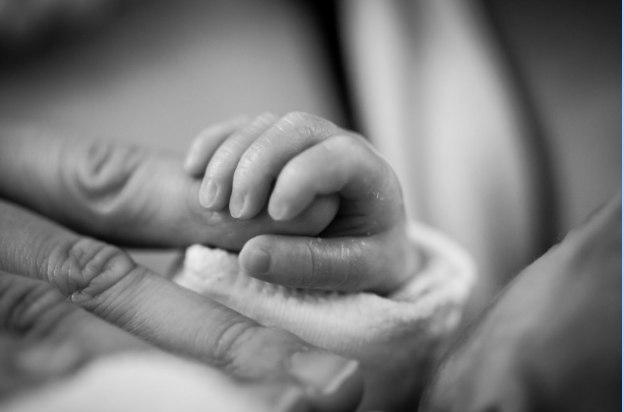 While recent studies have highlighted how infant sleep struggles could increase the likelihood of anxiety,
While recent studies have highlighted how infant sleep struggles could increase the likelihood of anxiety,
a new study explored how infants’ sleeping patterns can affect their mental health in other ways. According to researchers from the University of Birmingham, infants who have trouble sleeping could be at increased risk for mental disorders, including psychosis and borderline personality disorder (BPD), in adolescence.
“We know from previous research that persistent nightmares in children have been associated with both psychosis and borderline personality disorder,” said researcher Dr. Isabel Morales-Muñoz. “But nightmares do not tell the whole story — we’ve found that, in fact, a number of behavioral sleep problems in childhood can point towards these problems in adolescence.”
Identifying the risks
The researchers analyzed data from the Children of the 90s study. The study began when the children were infants and followed them through childhood and adolescence.
This study included data on nearly 14,000 children; the group was split nearly half and half, with children who experienced symptoms associated with BPD and those associated with psychosis. The researchers assessed their sleeping patterns from infancy through early childhood to determine what role those habits played in their current symptoms.
Parents reported on their children’s sleeping patterns at various junctures during infancy and childhood, starting at six months and running through when the children were nearly six years old.
The researchers found that those who struggled to sleep normally as infants or toddlers were more likely to experience symptoms consistent with psychosis and BPD, though the conditions were associated with different signs. While going to bed late and shorter overall sleep time was linked with BPD, frequent nighttime disturbances and inconsistent sleeping patterns were more closely linked to psychosis. The researchers believe that proper identification of these issues can lead to treatments that can be put into place to help offset some of the risks reports Consumer Affairs.
“It’s crucial to identify risk factors that might increase the vulnerability of adolescents to the development of these disorders, identify those at high risk, and deliver effective interventions,” researcher Steven Marwaha. “This study helps us understand this process, and what the targets might be. “Sleep may be one of the most important underlying factors — and it’s one that we can influence with effective, early interventions, so it’s important that we understand these links.”
Become a Harlem Insider!
By submitting this form, you are consenting to receive marketing emails from: Harlem World Magazine, 2521 1/2 west 42nd street, Los Angeles, CA, 90008, https://www.harlemworldmagazine.com. You can revoke your consent to receive emails at any time by using the SafeUnsubscribe® link, found at the bottom of every email. Emails are serviced by Constant Contact








